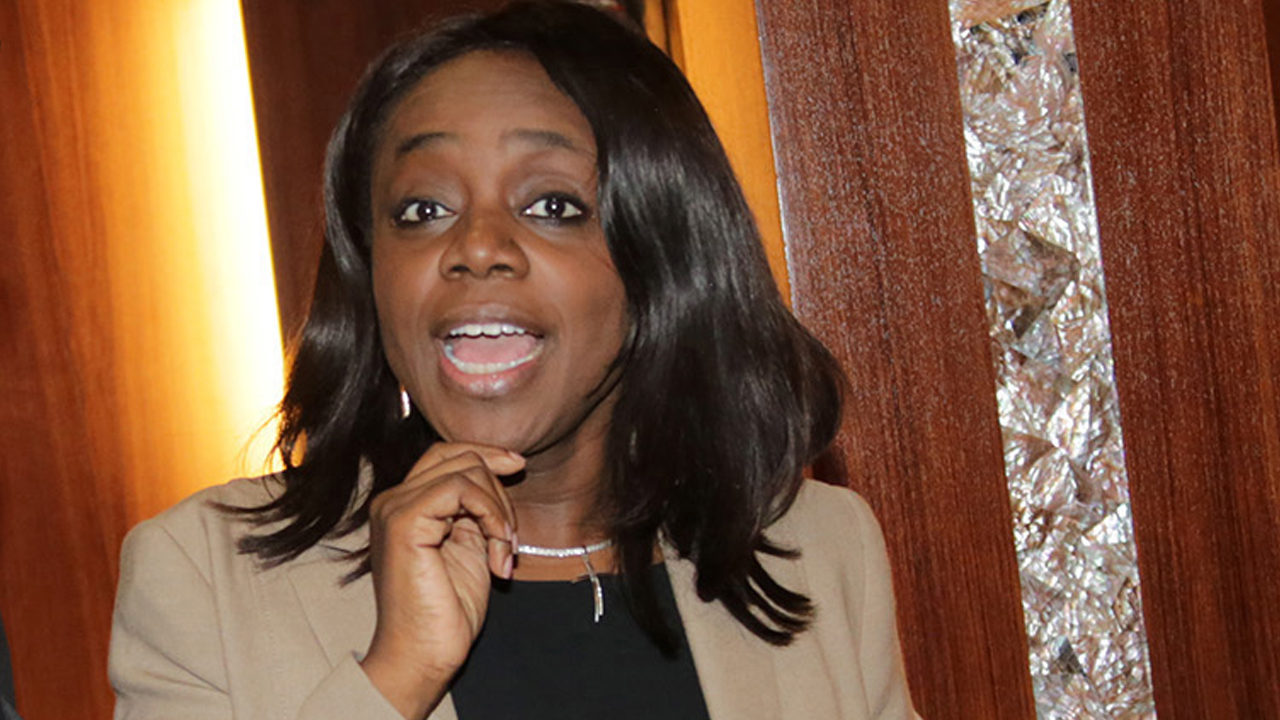N19tn Debt: NESG, Utomi, Rewane, Others Call For Caution


Economic and financial experts have raised the alarm over the nation’s rising debt burden, calling on the Federal Government to spend more on capital expenditure and exercise care in its quest for more borrowing.
The experts, who spoke in separate interviews with our correspondents on Tuesday, reacted to the N7.1tn increase in the nation’s total debt in two years to N19.16tn as of March 2017.
A professor of Political Economy and management expert, Pat Utomi, said, “A country is not different from a household, more or less generally, in terms of how it manages its finances. So, if your personal debt profile is going up at that rate, will you be comfortable?
“However, there are times that you need to spend your way, literally speaking, out of a challenge of output; recession being one of those. But I think that even at that, you need a certain level of care to make sure that you don’t get into an unsustainable debt scenario.”
Utomi expressed hope that the government would be more careful even if the recession required spending.
“My big worry is that the impact of the borrowing may not be reflected on output, in the sense that if we get into a double whammy where our debt balloons, but we don’t have the necessary stimulation of production, especially when our consumption is very external in its orientation, we need be very careful to watch all of those,” he added.
The Chief Executive Officer, Financial Derivatives Company Limited, Bismarck Rewane, said it was wrong for the government to be mainly borrowing to support recurrent expenditure.
He said, “We need to move away from debts for recurrent expenditure to debts for capital expenditure, which is projects-specific. The debt level itself is not dangerous, but the debt service level – the debt burden – is very high.
“We are using 66 per cent of our independent revenue to pay interest. So, interest rates must come down substantially, or else, we are in trouble.”
The Board Chairman, Nigerian Economic Summit Group, a private sector think tank and policy advocacy group, Mr. Kyari Bukar, said the amount of debt should not be a cause for concern considering the low debt to Gross Domestic Product ratio of the country.
“What one needs to pay attention to is the debt service amount versus the capital expenditure of the budget. The debt servicing and the ability to service the debts are the key areas of concerns that we should pay attention to,” he said.
The 2017 Appropriation Bill, which was passed into law by the National Assembly recently, provided N1.84tn for debt servicing compared to the N2.17tn provided for capital expenditure for all sectors of the economy.
“The kind of debt I will like to see happen is the debt where the money that is borrowed goes into productive sectors such as investment in railways, health care, education and other critical infrastructure. However, if we borrow to pay salaries, it starts to become a problem,” Bukar added.
A professor of Economics at the Olabisi Onabanjo University, Ago Iwoye, Sheriffdeen Tella, said, “It is not healthy to continue to increase our debts. In fact, the growth in the last two years has been quite alarming, and so there is a need for us to slow down on it. It is not the debt itself that is important, but the interest rates that you pay on such debt and the usage of the debt.
“If the government is going to spend more, as people have advised, the normal thing is that when you have a problem of depression, you go into expansionary fiscal and monetary policies. The expansionary fiscal policy, which is government spending more, must be based on the budget.
“When we say government should spend more, the budget must be approved early enough; and so, when the government is spending on time, even if it is not much, the economy will expand on the basis of that.”
Some other stakeholders called for the appropriate utilisation of the N7.1tn borrowed by the Federal Government and the 36 states of the federation in the last two years.
The Managing Director, SHI-Logistics Limited, Dr. Mike Omotosho, said the increasing debt meant that the burden of servicing it would increase.
Doubting the correct use of borrowed funds, Omotosho said it was wrong for the government to use debt to finance routine government expenses.
He stated, “First, if we compare the percentage of our debt to our Gross Domestic Product, it is foolhardy to think we will not feel the negative effects on the long run.
“Borrowing in itself is not the main problem but what we spent the money on. In the last two years, I doubt if we have spent up to N2.5tn on infrastructure and other key policies that can help the economy and the people.”
He added, “This means that over 60 per cent of the debt has gone into recurrent expenditure. There is no way the nation will not pay for this pretty soon. We had N6tn budget in 2016 and about N2.4tn, representing about 40 per cent, went into debt servicing. Now, that the debt profile has jumped up, imagine what will go into debt servicing.
“Our policymakers hardly consider the negative impact of debt when they go on a borrowing spree. I would have preferred we take the right way out of our quagmire rather than a decoy easy way that is filled with traps.”
An associate professor of Finance at the Nasarawa State University, Keffi, Uche Uwaleke, said there was no problem if the government utilised the loans to finance projects that would pay back the monies borrowed.
However, he added, if the funds were utilised to fund consumption, then the government had succeeded in mortgaging the future of the nation.
Uwaleke said, “A country like Nigeria with huge infrastructure deficit will have to borrow if it must develop at a fast pace.”
Source: Punch







